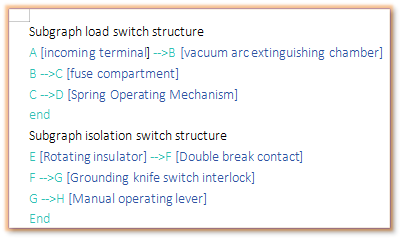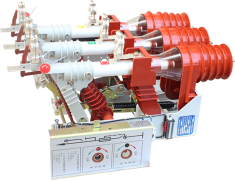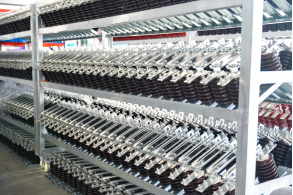
High-voltage Load switches can handle load currents and have self - arc extinction, but their breaking capacity is limited. They're often used with Fuses for protection. In contrast, high - voltage isolation switches usually can't handle load currents as they lack an arc - extinguishing device. Their main role is to provide a visible break in the circuit for safety during maintenance. Both are crucial in electrical safety equipment systems, but their distinct capabilities make them suitable for different applications in high - voltage electrical setups.
Comparing dimensions | High voltage load switch | High voltage isolation switch |
Arc extinguishing capability | Built in vacuum/SF6 arc extinguishing chamber, capable of cutting off rated load current (≤ 630A) | No dedicated arc extinguishing device, only allows breaking of ≤ 0.5A capacitor current |
Protection function | Often combined with current limiting fuses (such as ABBSACE series) to achieve fast breaking of short-circuit current | No protective function, needs to be used in conjunction with a circuit breaker |
Breaking ability | Rated current breaking (such as 12kV/1250A), but cannot cut off short-circuit current | Does not have current breaking capability, only provides visible electrical isolation |
Mechanical lifespan | Operation times ≥ 5000 times (IEC62271-103 standard) | Operation frequency 210000 times (IEC62271-102 standard) |
Typical applications | Ring main unit, box type substation (such as Schneider RM6) | Substation busbar segmentation (such as 110kV GIS isolation switch) |
Structural comparison diagram



Oil&Gas exploited
Automotive Manufacturing
Transportation & Dlistrlbutlon
Manufacture
Industrial Construction
Green Energy
Copyright ? 2024 All Rights Reserved
Back to top 
Comment
(0)